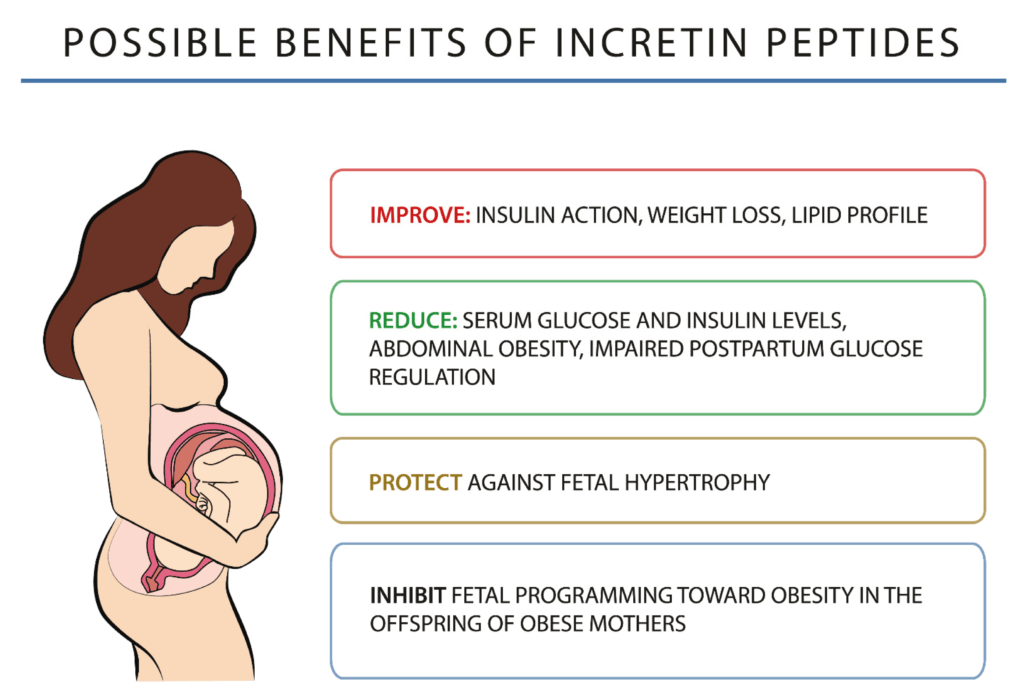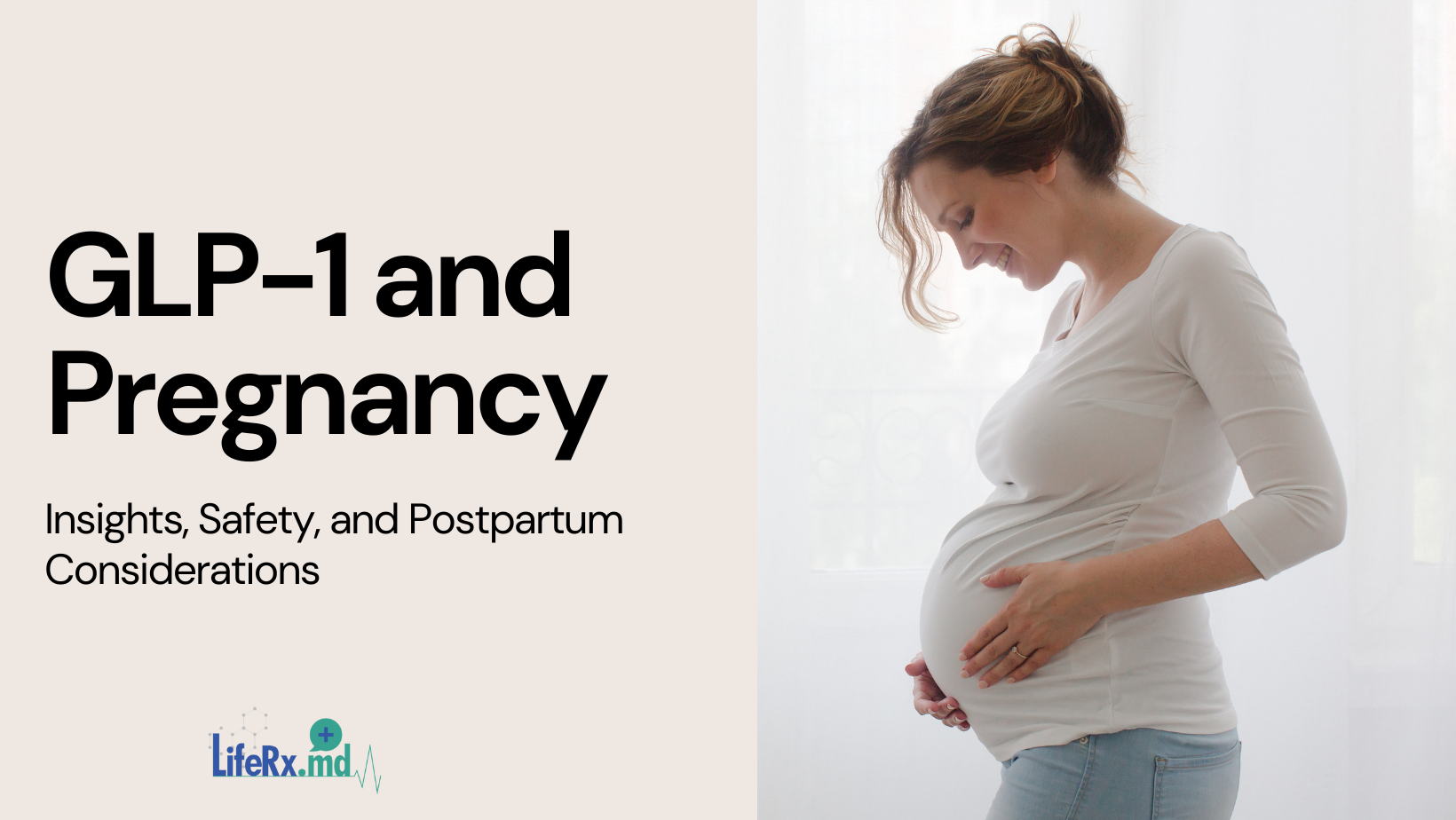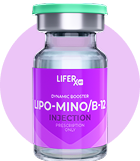Introduction:
Embarking on the journey of pregnancy involves a multitude of considerations, and for women exploring the potential benefits of GLP-1 medications for weight loss, understanding the implications during pregnancy becomes crucial. In this comprehensive exploration, we’ll delve into the mechanisms and benefits of GLP-1, while weaving in insights from research and real-life anecdotes. We’ll also address safety levels, precautions, and the essential question of when it’s safe to resume these medications post-pregnancy.
Mechanisms and Benefits of GLP-1:
At the heart of GLP-1’s influence is its role in blood sugar regulation and appetite control. Studies, such as those published in the Journal of Clinical Endocrinology & Metabolism, highlight the multifaceted benefits of GLP-1 receptor agonists in weight management. By slowing down the digestive process, reducing appetite, and regulating blood sugar levels, these medications offer a promising avenue for effective and holistic weight loss.
Insights from Research:
Research, such as a comprehensive review in the American Journal of Physiology-Endocrinology and Metabolism, underscores the potential of GLP-1 in addressing obesity-related concerns. It provides valuable insights into how these medications interact with the body’s hormonal systems, emphasizing their role beyond weight loss. However, when it comes to pregnancy, the existing literature urges caution due to the limited data on the safety of GLP-1 medications during this crucial period.
Real-Life Anecdotes:
Linda, a 35-year-old mother, shares her journey with GLP-1 medications during pregnancy. Despite the potential benefits for weight management, Linda and her healthcare provider decided to discontinue GLP-1 medications during her pregnancy, prioritizing the safety of her unborn child. Her postpartum experience, guided by open communication with her healthcare team, sheds light on the personalized approach needed for resuming these medications.
Implications During Pregnancy:

While the benefits of GLP-1 in weight management are promising, studies like those in the British Journal of Clinical Pharmacology emphasize the need for cautious consideration during pregnancy. The potential risks to the developing fetus, coupled with the evolving hormonal landscape of pregnancy, underscore the importance of individualized decision-making guided by healthcare professionals.
Safety Levels and Precautions:
Current medical guidelines, supported by research in the Journal of Pregnancy, recommend avoiding GLP-1 medications during pregnancy due to potential unknown risks. The emphasis shifts to open and transparent communication between individuals and their healthcare providers. This collaborative approach ensures that the decision-making process is informed by both medical expertise and the unique circumstances of each pregnancy.
Resuming GLP-1 Medications Post-Pregnancy:
The timeline for resuming GLP-1 medications post-pregnancy is an intricate decision. A study in the Journal of Women’s Health emphasizes the importance of considering factors such as breastfeeding, overall health, and the specific medication used. Anecdotal evidence from individuals like Linda demonstrates the significance of an individualized post-pregnancy plan, showcasing the personalized and holistic approach that healthcare providers adopt.
Conclusion:
As we navigate the intersection of GLP-1 medications and pregnancy, the amalgamation of research insights and real-life anecdotes paints a nuanced picture. While GLP-1 medications offer promise in weight management, their role during pregnancy necessitates careful evaluation and consideration. The journey is a collaborative one, where open communication, adherence to safety guidelines, and personalized post-pregnancy planning form the foundation for a well-informed and healthy weight management journey.


















